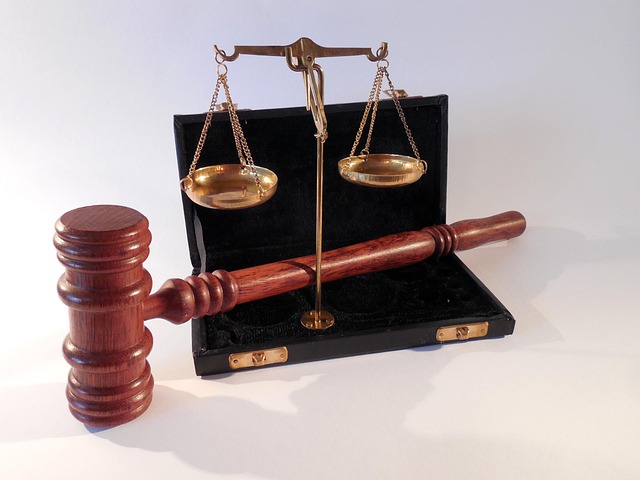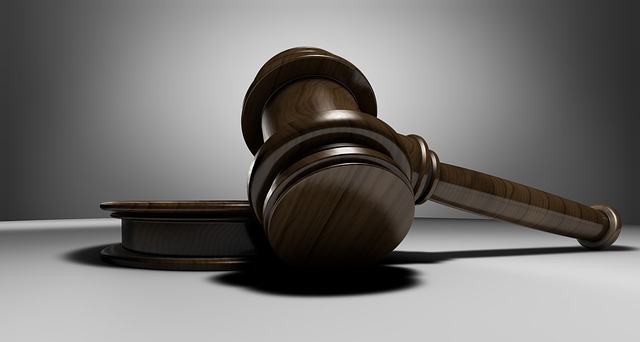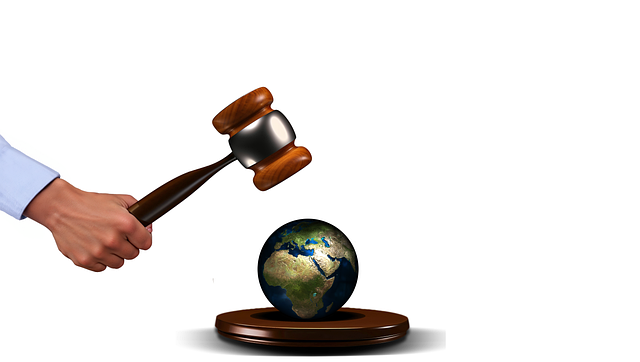Antitrust laws are vital for maintaining fair competition in the tech industry, preventing monopolies, and protecting consumers. Skilled attorneys navigate complex antitrust litigation strategies to ensure tech firms operate legally while fostering innovation. Key tactics include challenging market definitions and assessing specific harms, as well as demonstrating legitimate business decisions and absence of malicious intent. Notable case studies like United States v. Google and Apple Inc. v. The United States set industry precedents. Success demands a deep legal understanding, strategic planning, and adaptability to evolving regulations, all focused on upholding fair competition in the tech sector.
“Unraveling the complexities of criminal law, particularly within the lens of antitrust litigation, this article offers a comprehensive guide for tech companies navigating legal challenges. We explore the intricate world of antitrust laws and their profound impact on technological businesses. Through examining strategic approaches in antitrust cases, we provide insights into common tactics for defense and mitigation. Additionally, notable case studies reveal the implications of these legal battles, shaping the future of the tech industry.”
- Understanding Antitrust Laws and Their Impact on Tech Companies
- Common Strategies in Antitrust Litigation for Technological Businesses
- Case Studies: Notable Antitrust Cases and Their Implications for the Industry
Understanding Antitrust Laws and Their Impact on Tech Companies

Antitrust laws play a pivotal role in regulating business practices, especially in the tech industry. These laws aim to promote fair competition, prevent monopolies, and protect consumers from anti-competitive behaviors such as price fixing, market division, and abusive intellectual property enforcement. With the rapid growth of technology and the dominance of tech giants, antitrust litigation strategies for tech companies have become increasingly complex.
Tech companies often face unique challenges when it comes to antitrust issues due to their innovative nature and far-reaching impact on the market. An unprecedented track record of success in general criminal defense is crucial for navigating these complexities. Skilled attorneys specialized in antitrust law help corporate and individual clients understand their rights, obligations, and potential liabilities. By employing strategic approaches, they ensure that tech businesses operate within legal boundaries while fostering innovation and maintaining a competitive landscape.
Common Strategies in Antitrust Litigation for Technological Businesses

In the realm of antitrust litigation for technological businesses, several common strategies have emerged as key to navigating complex legal battles. One prominent approach involves a thorough examination of market definition and the evaluation of the specific harm alleged by plaintiffs. By challenging the boundaries of relevant markets and the extent of any perceived anti-competitive behavior, tech companies can often dismantle claims before they reach a jury trial. This strategic maneuver aims to highlight the dynamic nature of technology industries, where rapid innovation and changing consumer preferences may dilute the impact of any allegedly harmful practices.
Additionally, successful defense strategies in antitrust cases frequently center around demonstrating the legitimacy of business decisions and the absence of malicious intent. Tech companies may present robust evidence of their competitive actions as necessary responses to market demands or innovative solutions to consumer needs. This approach, which focuses on factual presentations and expert witness testimony, has proven effective in winning challenging defense verdicts for his clients. By separating legitimate business strategies from anti-competitive practices, these defenses aim to safeguard the entrepreneurial spirit that drives technological advancement.
Case Studies: Notable Antitrust Cases and Their Implications for the Industry

Case studies offer a window into the world of antitrust law, especially for tech companies navigating complex litigation strategies. Notable cases like United States v. Google and Apple Inc. v. The United States have shaped industry practices and set precedents for future enforcement actions. These investigations span all stages of the investigative and enforcement process, from initial complaints to settlement agreements.
Tech giants often face allegations of anti-competitive behaviors, prompting corporate and individual clients to seek robust legal defenses. Through these cases, courts have scrutinized mergers, pricing strategies, and market dominance, highlighting the need for careful compliance measures. The implications are clear: achieving extraordinary results in antitrust litigation requires a deep understanding of the law, strategic planning, and agile responses to evolving regulatory landscapes.
Antitrust laws play a pivotal role in shaping the competitive landscape for tech companies, with their intricate web of regulations impacting innovation and market dynamics. By understanding these laws and employing strategic defenses, tech businesses can navigate complex litigation scenarios, ensuring fair competition and fostering growth. This article has explored crucial aspects of antitrust litigation strategies, highlighting key tactics and real-world case studies that serve as valuable references for navigating the ever-evolving legal landscape in technology.






